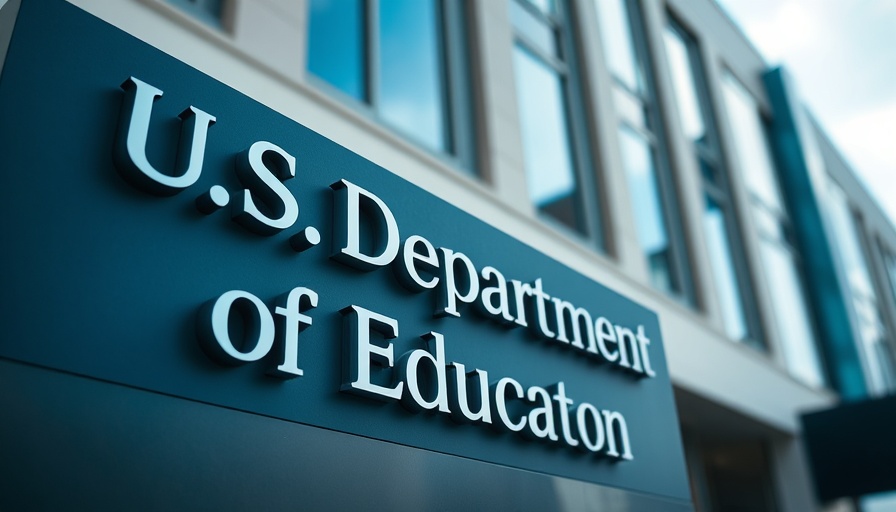
Transformative Changes Under Trump: Six Months in the Education Department
The U.S. Education Department has witnessed significant changes in policy and vision since the arrival of the Trump administration. Known for challenging traditional educational norms and advocating for alternatives to public education, Trump's approach has sparked both discussions and debates about the future of American education.
A Shift in Educational Priorities
Six months into his term, Trump has prioritized school choice, promoting charter schools and voucher programs that allow families to apply public funding toward private school tuition. This move appeals primarily to parents seeking alternatives to underperforming schools but raises concerns among public education advocates who argue that diverting funds may weaken public schools further.
Reinvention of Federal Oversight
Furthermore, the Administration has sought to redefine the federal role in education. With an eye towards reducing federal oversight, the Trump team has emphasized state control, suggesting that local jurisdictions should have greater autonomy in educational matters. This strategic shift resonates with many business leaders who believe that localized decision-making can drive innovation and effectiveness in schools.
Impact on Education Funding
Funding allocations have also transformed, with increased financial support for programs that reflect Trump's values, such as STEM education and vocational training. This shift could lead to a workforce better prepared for the demands of a technology-driven market—an element critical for CEOs and business professionals navigating an increasingly complex economic landscape. However, discrepancies in funding can exacerbate inequalities among schools, raising alarms among those who champion educational equity.
Cultural Implications and Reactions
The changes initiated have not been devoid of pushback, as advocacy groups and educators voice their concerns over potential long-term consequences. Critics warn that the emphasis on privatization and deregulation could lead to a fragmented education system where access to quality education remains unequal. The divisive nature of Trump’s policies serves as a stark reminder of the broader cultural and political discourse surrounding education in America.
Future Predictions: What's Next?
As Trump’s policies continue to unfold, one can expect further discussions around educational reform and student rights. Businesses need to stay attuned to these developments as they shape a future workforce. Increased emphasis on tech-oriented subjects and practical skillsets might signal a transformation in hiring practices, suggesting a more adaptive educational system that aligns with industry needs.
Actionable Insights for Business Leaders
For CEOs and marketing managers, understanding these shifts presents an opportunity to engage with educational institutions and influence curriculum development, ensuring that emerging talent is equipped for modern challenges. Companies may consider partnerships with schools to nurture talent pipelines tailored for their industries.
Conclusion: What You Can Do
To navigate the evolving educational landscape, it is essential for business leaders to advocate for inclusive policies while promoting programs that support diverse learning environments. Engaging actively in discussions about education reform ensures a meaningful voice in shaping the future of a workforce that will drive innovation and economic growth.
By staying informed and proactive regarding these changes, professionals can not only prepare their organizations for future challenges but also contribute to a balanced educational system that fosters opportunity for all.
 Add Row
Add Row  Add
Add 




Write A Comment